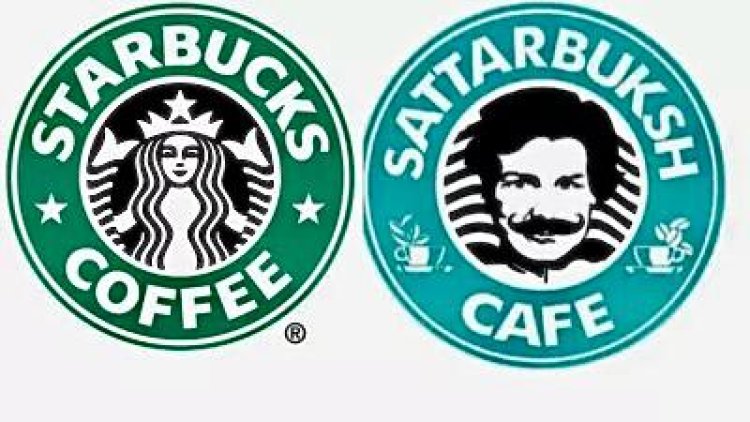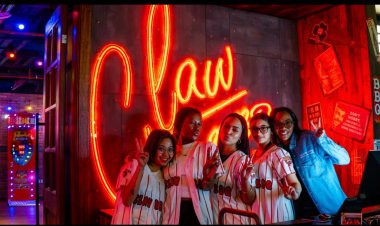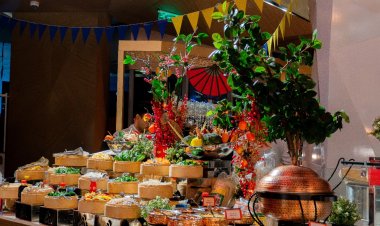Karachi Café Sattar Buksh Defeats Starbucks in Trademark Battle, Celebrated for Its Local Flavor and Wit

A small café in Karachi has taken on a global coffee giant and won. Sattar Buksh, a locally owned café known for its cheeky branding and sharp sense of humor, has successfully defended itself in a trademark dispute with Starbucks, drawing international attention to the power of local creativity and satire.
Founded in 2013 by entrepreneurs Rizwan Ahmad and Adnan Yousuf, Sattar Buksh quickly became a quirky cultural icon in Karachi. Its round green logo featuring a moustached man was widely viewed as a playful nod to Starbucks’ famous mermaid, while the name “Sattar Buksh” bore a phonetically similar ring. The visual and naming similarities sparked online debate and legal concern, ultimately bringing Starbucks despite not operating in Pakistan at the time into a formal trademark dispute.
Yet, beyond the logo and name, Sattar Buksh carved out a distinct identity. Its founders argued the brand was a satirical concept, rooted in South Asian humor and wordplay. "Sattar" is a traditional male name in Pakistan, and "Buksh" (a common suffix) further localized the name. Far from imitation, they said the café was a form of social and cultural parody a lens to see global trends through a local, humorous filter.
The uniqueness didn’t end at branding. Sattar Buksh’s menu became a core part of its appeal. With a mix of local and international flavors, it offers everything from burgers and pizzas to shisha. Some items reflect the café’s witty character like the “Besharam Burger,” served without buns, or the “LOC Pizza,” a split creation that symbolically divides vegetarian and non-vegetarian toppings, referencing the India-Pakistan Line of Control. These choices, the founders noted, showed clear intent to create a brand that was culturally rooted and creatively original.
Under Pakistani trademark law, well-known brands are protected against imitation that may mislead consumers or dilute brand identity. Starbucks argued that Sattar Buksh violated these protections. But in court, the local café countered that its brand was not only non-deceptive, but also satirical, culturally distinct, and backed by a unique product offering.
Ultimately, the court sided with Sattar Buksh, recognizing its right to operate under its existing name and branding. It was a rare legal victory for a small, local business up against a multinational powerhouse, and the decision was widely viewed as a win for freedom of expression, parody, and cultural context in business branding.
Today, Sattar Buksh stands not only as a popular café but as a symbol of creative resistance, proving that thoughtful satire, when done right, can both entertain and endure. Its success story highlights the value of local storytelling, cultural humor, and the power of owning your narrative even in the face of global pressure.























